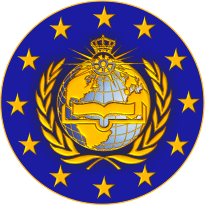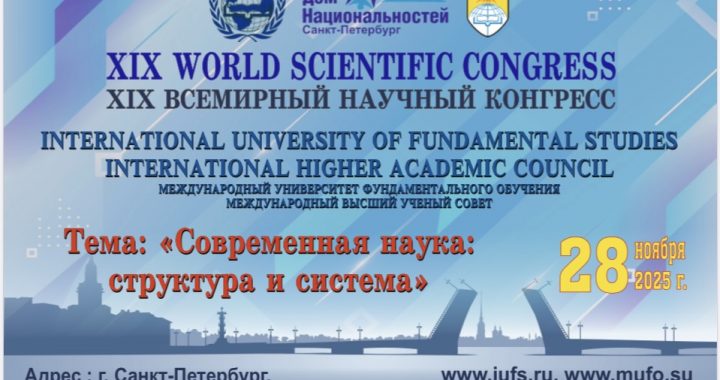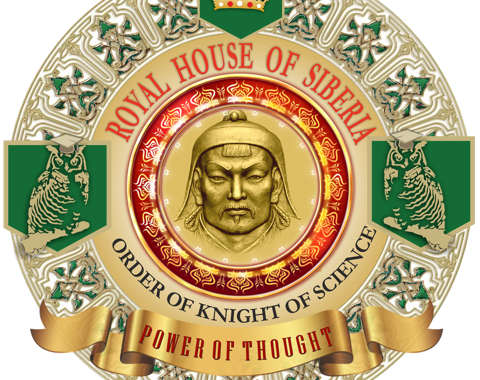THE 17TH WORLD SCIENTIFIC CONGRESS: EMBRACING PROGRESS AND SCIENTIFIC CULTURE FOR PEACE
4 min read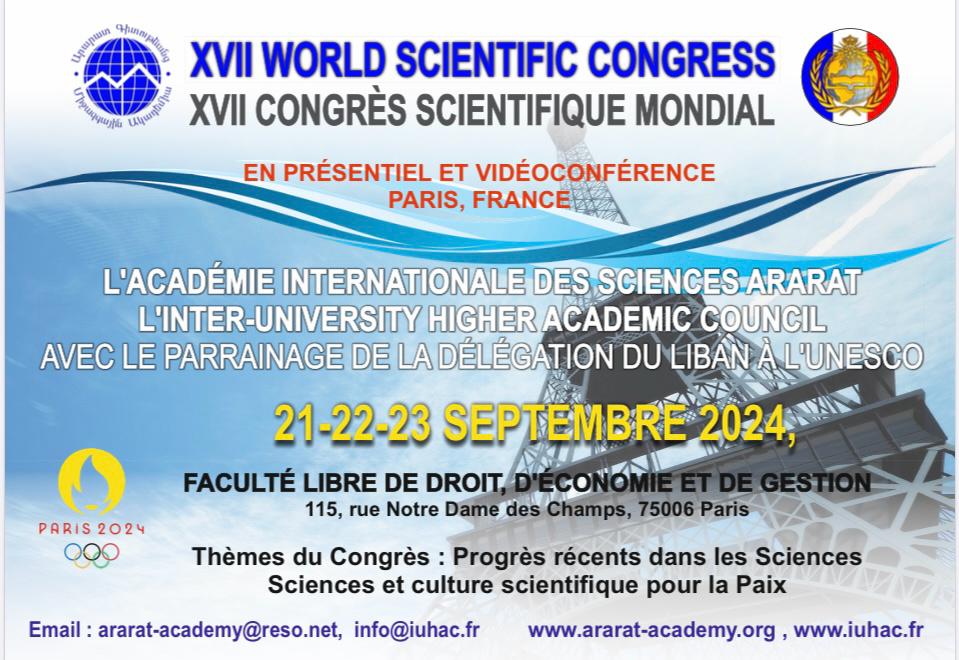
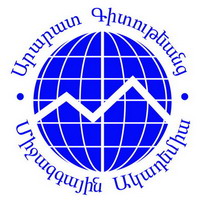

Prof. J.S.K.Jayasekara
The prestigious 17th World Scientific Congress is set to take place in the heart of France, at the esteemed “FACO Paris – Faculte Libre De Droit, D’economie & De Gestion” from September 21st to 23rd, 2024. This significant event, organized by the International Academy of Sciences Ararat and the Inter-University Higher Academic Council and supported by various international organizations and universities, cultural, and environmental associations.
Leadership and Theme
This year’s congress will be presided over by the distinguished Prof. Agop Kerkiacharian, with Prof. Shanti Jayasekera serving as the Co-President, and the Scientific Committee will be led by Prof. Mark Van Hulle. The theme, “Recent Progress in Science and Scientific Culture for Peace,” underscores the vital role those scientific advancements and a culture rooted in scientific understanding play in fostering global peace and cooperation.
Format and Participation
The XVII World Scientific Congress will be conducted both in-person and via video conference, ensuring broad and inclusive participation from the global scientific community. This hybrid approach aims to bring together world-renowned scientists, esteemed researchers, influential ministers, distinguished ambassadors, and high-caliber personalities from around the globe to discuss and explore the latest scientific breakthroughs and their implications for society. Many scientists representing over 25 countries are expected to participate in this Congress.
Recent Progress in Science
The congress will highlight recent progress in various scientific fields, showcasing groundbreaking research and innovations that have the potential to transform societies and improve the quality of life globally. Key areas of focus will include:
- Renewable Energy Advancements
- Solar and Wind Power: Significant advancements in solar and wind energy technologies have led to increased efficiency and reduced costs, making renewable energy more accessible and viable on a global scale. Innovations in solar panel efficiency and wind turbine design have contributed to a substantial rise in renewable energy adoption.
- Energy Storage: Breakthroughs in energy storage solutions, such as advanced battery technologies and hydrogen fuel cells, are addressing the intermittency issues associated with renewable energy sources, paving the way for a more reliable and sustainable energy grid.
- Medical Breakthroughs
- COVID-19 Vaccines: The rapid development and deployment of COVID-19 vaccines showcased the power of global scientific collaboration. mRNA vaccine technology, in particular, has opened new avenues for vaccine development against various diseases.
- Gene Editing: CRISPR-Cas9 and other gene-editing technologies have made significant strides, offering potential cures for genetic disorders and advancing cancer treatment options. Ongoing research aims to ensure ethical and safe applications of these technologies.
- Artificial Intelligence and Machine Learning
- Healthcare: AI and machine learning algorithms are being used to predict disease outbreaks, personalize treatment plans, and assist in early diagnosis through medical imaging analysis. These technologies are enhancing the precision and efficiency of healthcare delivery.
- Climate Modeling: AI is revolutionizing climate science by improving the accuracy of climate models and enabling better prediction of extreme weather events. This helps policymakers and communities to prepare and mitigate the impacts of climate change.
- Sustainable Agriculture
- Precision Farming: Innovations in precision farming, including the use of drones, IoT devices, and data analytics, are optimizing crop yields and reducing resource consumption. These technologies contribute to sustainable agricultural practices and food security.
- Genetically Modified Crops: The development of genetically modified crops that are resistant to pests, diseases, and environmental stresses is enhancing agricultural productivity and sustainability.
- Science Diplomacy
- International Collaborations: Scientific collaboration across borders is fostering diplomatic relationships and addressing global challenges collectively. Initiatives like the International Space Station (ISS) and CERN exemplify how shared scientific goals can unite nations.
- Peacebuilding through Science: Programs promoting science education and research in conflict-affected regions are contributing to peacebuilding efforts. These initiatives aim to empower communities, promote understanding, and foster resilience.
- Ethical Considerations in Scientific Research
- Responsible Innovation: The emphasis on ethical considerations in scientific research ensures that advancements are made with respect for human rights, environmental sustainability, and societal well-being. Ethical guidelines and regulatory frameworks are being strengthened to guide responsible innovation.
- Public Engagement: Engaging the public in scientific discourse through transparent communication and inclusive dialogue is crucial for building trust and fostering a culture of scientific literacy. Public participation in science policy decision-making helps align scientific progress with societal needs.
- Education and Scientific Literacy
- STEM Education: Enhancing STEM (Science, Technology, Engineering, and Mathematics) education globally is critical for preparing future generations to tackle complex challenges. Initiatives focused on improving STEM education access and quality are underway in many countries.
- Citizen Science: Citizen science projects that involve the public in scientific research are promoting scientific literacy and empowering individuals to contribute to scientific knowledge. These projects often address local environmental and public health issues.
A Platform for Scientific Integrity
The XVII World Scientific Congress serves as an essential platform for discussing the critical issue of distinguishing genuine science from pseudoscience. It is a reminder of the importance of upholding rigorous scientific standards and promoting empirical evidence in the pursuit of knowledge. This congress aims to foster a better understanding of the boundaries that separate real science from pseudoscientific beliefs.
Join Us in Paris
We invite scientists, researchers, and enthusiasts from around the world to join us in Paris for this momentous occasion. Together, let us advance the cause of science, promote a culture of peace, and contribute to the global pursuit of knowledge.
How to Participate
To participate in the XVII World Scientific Congress, please follow these steps:
- Visit our official website to register and select your preferred mode of participation (in-person or video conference).
- Submit your research abstracts and papers for consideration by the Scientific Committee.
- Stay tuned for updates on the congress agenda, keynote speakers, and special sessions.
We look forward to welcoming you to the 17th World Scientific Congress in Paris, where science meets culture for the betterment of humanity.
